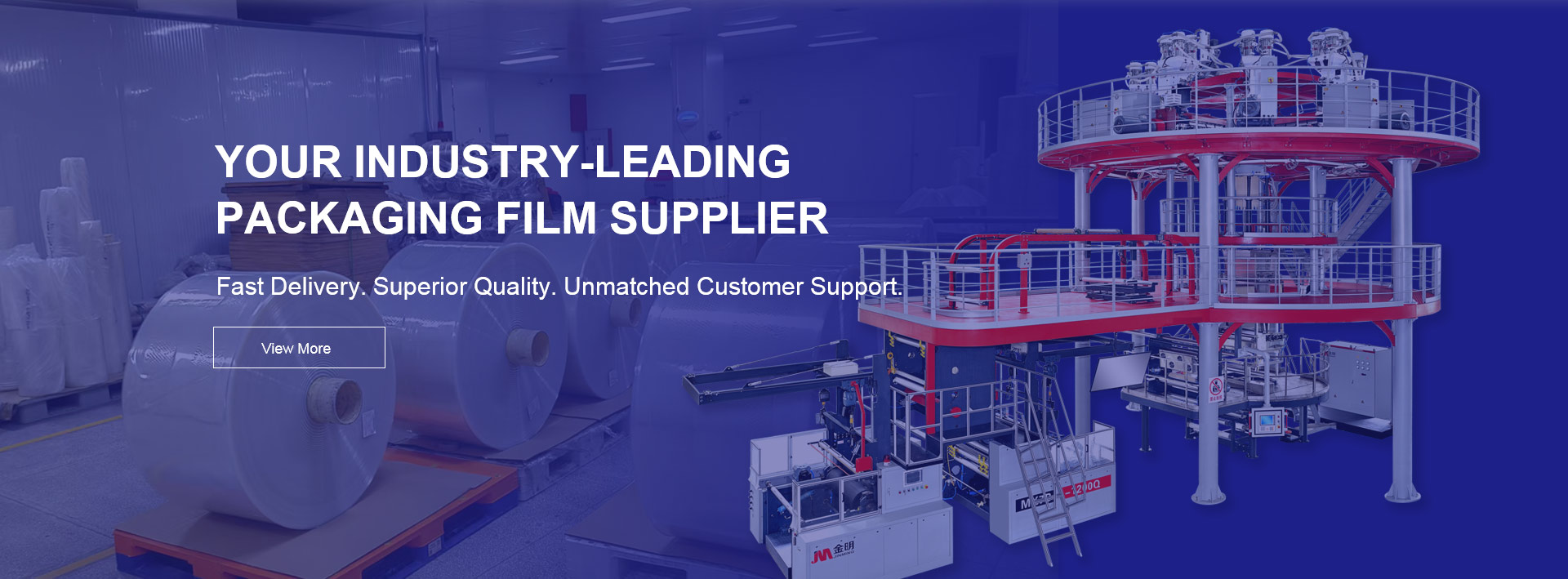
Technology is ever changing, however, in this advanced world; vacuum thin films are indeed different and important in many industries. This article explains how these ultra-small layers change the whole industries including electronics and energy conservation.
What Are Vacuum Thin Films?
Vacuum thin films represent a class of materials deposited under conditions that allow generation of pressure below atmospheric levels at thicknesses ranging usually between few nanometers to several micrometers. These films can be made through physical vapor deposition (PVD) or chemical vapor deposition (CVD), which allows one to control their properties precisely and homogeneity.
Key Applications of Vacuum Thin Films:
Electronics and Semiconductors:
The foundations of the semiconductor industry are laid by vacuum thin films which are used for making integrated circuits, transistors, microchips etc. where they have such essential properties as conductivity, resistance or magnetic response. They enhance electronic components’ performance and durability.
Optical Coatings:
In optics, lenses, mirrors and glass are coated with thin films to modify reflection and transmission properties. For example, there are anti-reflection coatings that decrease glare for your glasses while reflective coatings help with mirrors and optical instruments by enhancing efficiency.
Energy Applications:
Solar panels use thin film technology extensively for enhancing absorption of light as well as more efficient transformation of solar energy into electricity. Thin film photovoltaic cells have become popular owing to their low cost and flexible nature compared to traditional silicon-based cells.
Protective Coatings:
Aerospace, Automotive, Tool Industry requires wear & corrosion resistance from vacuum deposited films in particular instances. These coatings extend component lifetime under extreme environments and mechanical stress.
Medical Devices:
Thin films in medical devices guarantee biocompatibility as well as functionality. They are used for implants, surgical instruments and sensors, which may include antimicrobial properties and high durability.
In modern technology vacuum thin films are very necessary in order to find the best solutions across a wide range of industries. This is why they are usually considered as the foundation for various scientific advancements as well as engineering developments.
Previous: How to Create High Barrier Forming Film
Next: